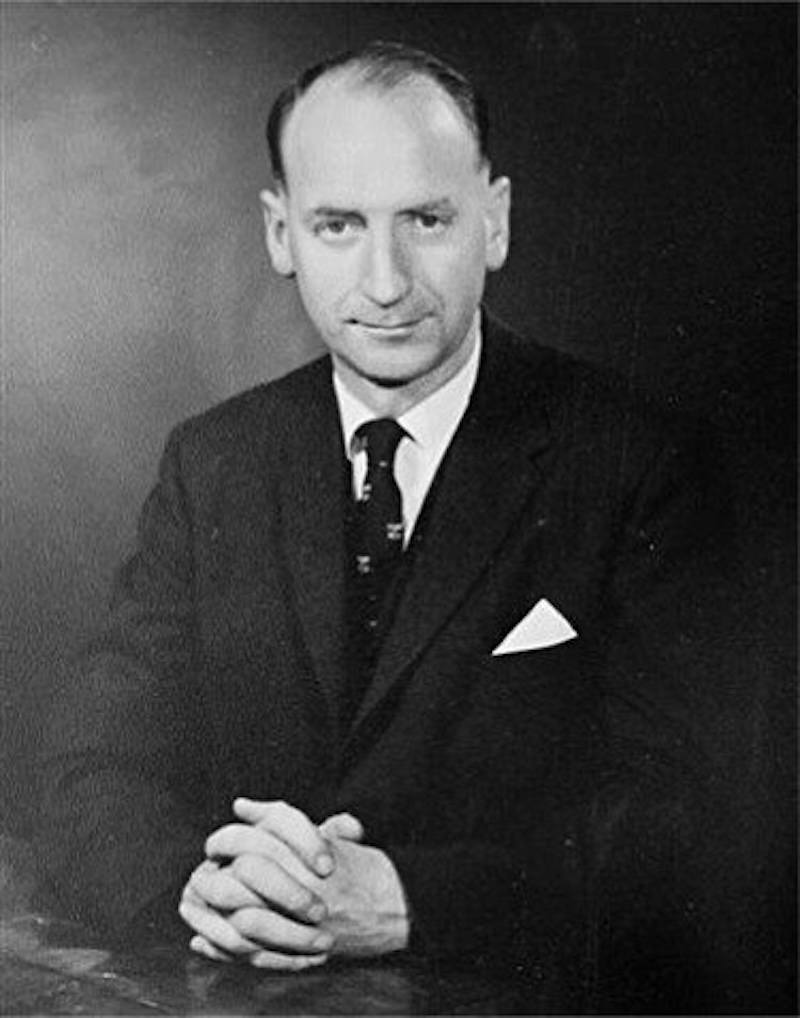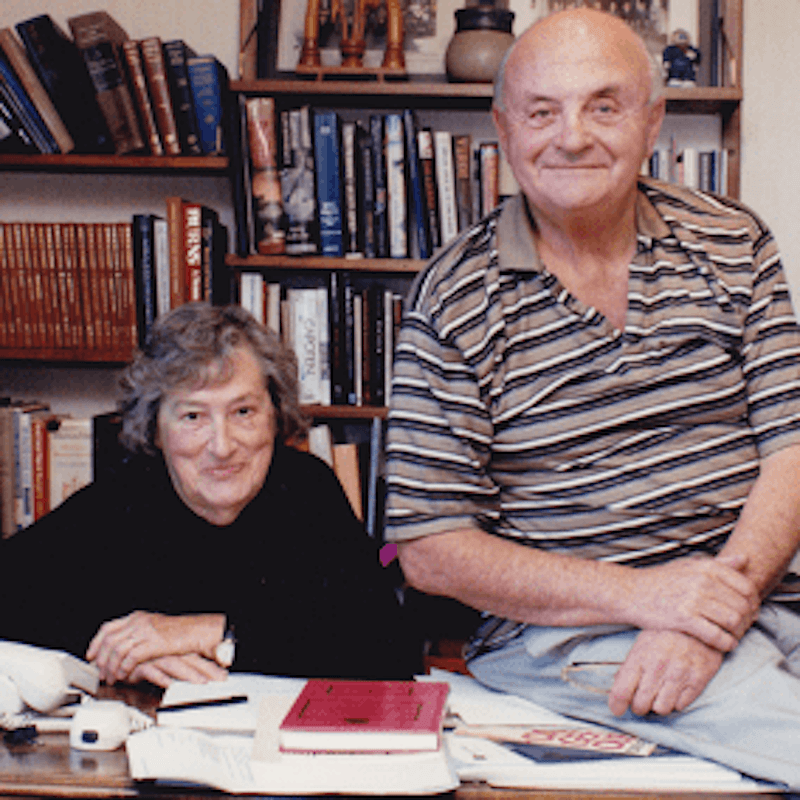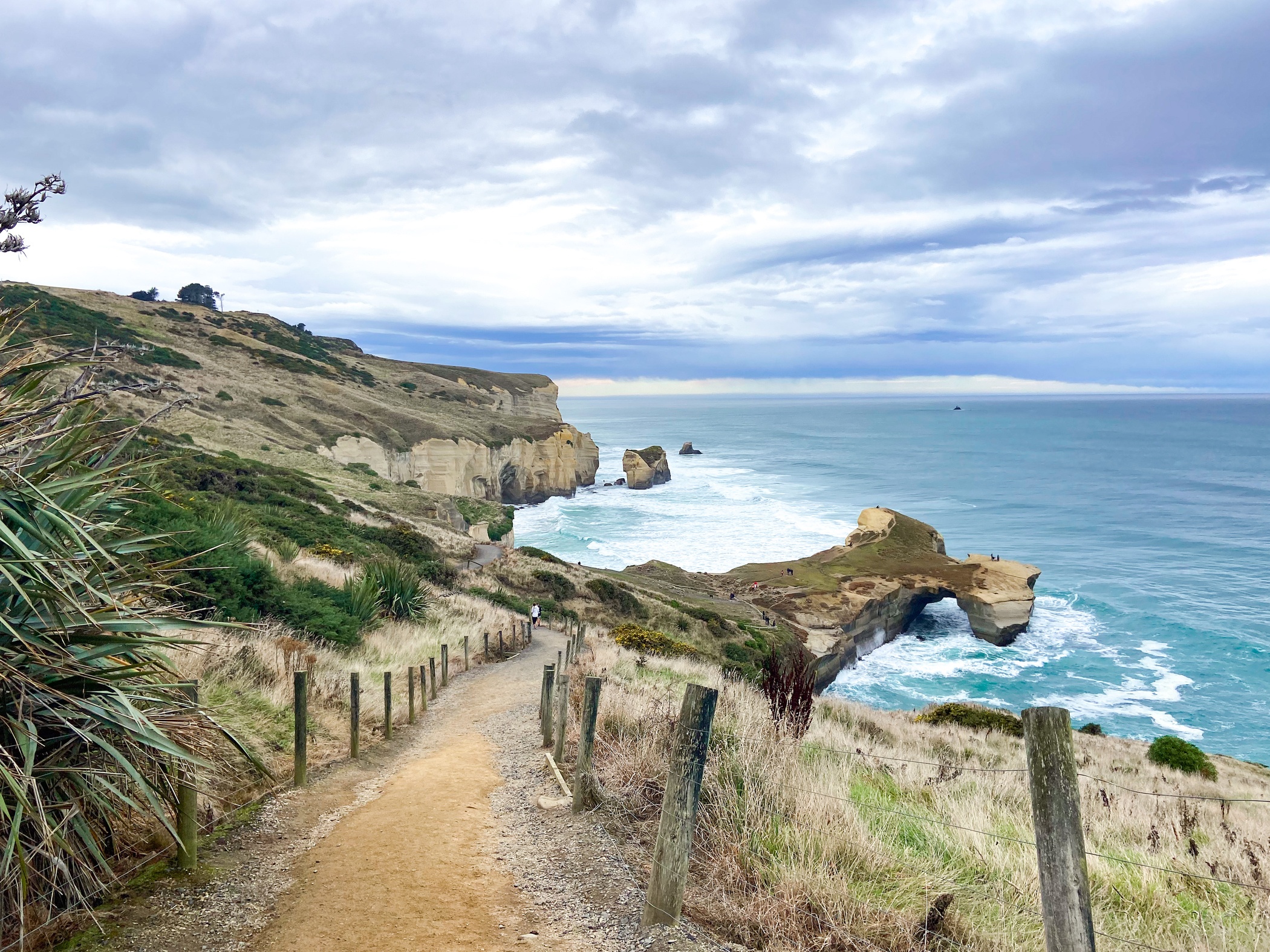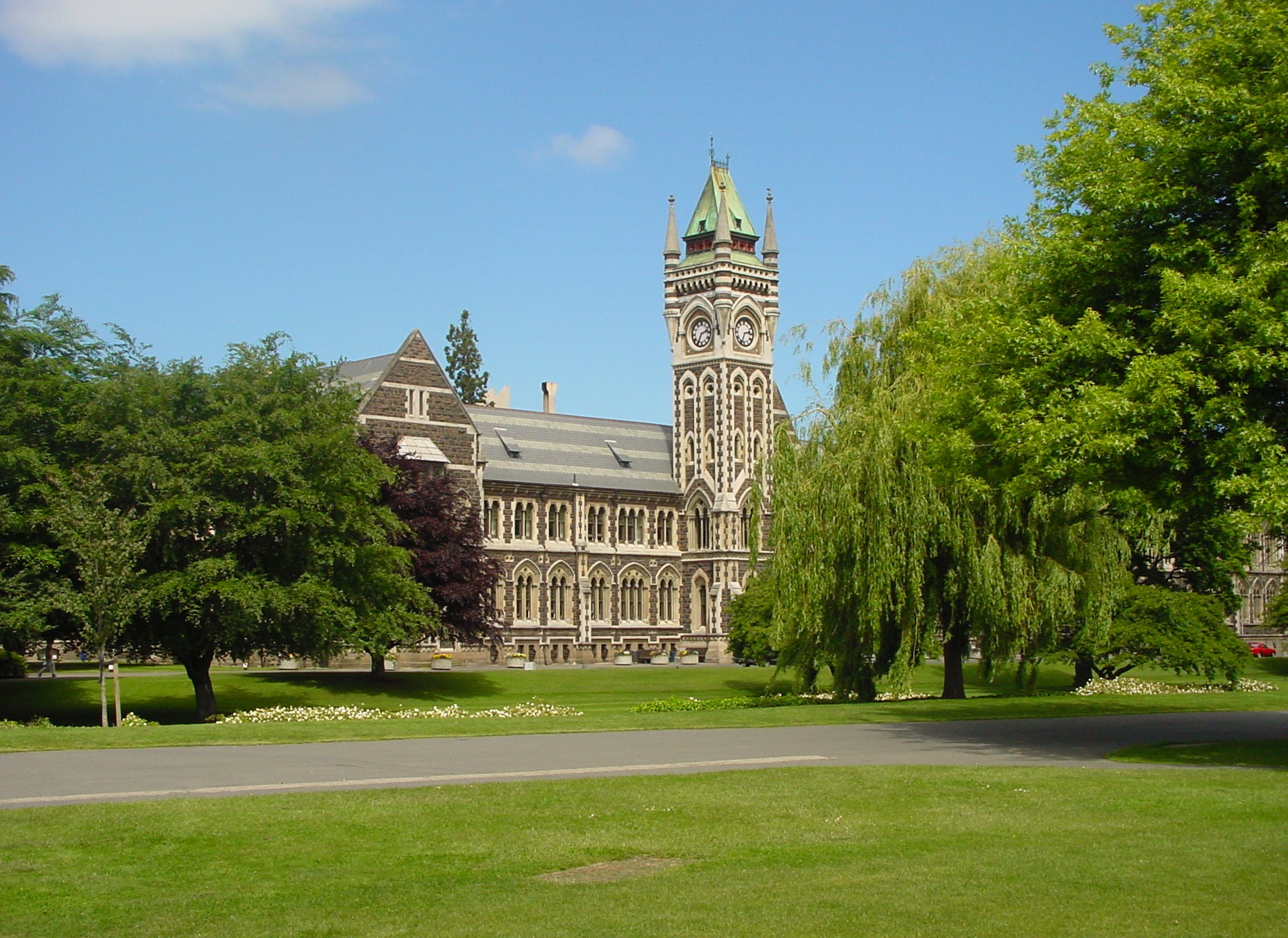The Dunedin Basic Medical Sciences Course Trust was set up to support surgical education and research.
The Dunedin Basic Medical Sciences Trust was established by Associate Professor John Borrie over 50 years ago. John had been the Hunterian Professor at the Royal College of Surgeons in London and established the Trust as the vehicle to provide an educational course for medical graduates wishing to train in surgery.
The course aimed to prepare candidates to sit the ‘part 1’ exam which was the entry requirement into surgical training. Although the name of the exam has changed over the years it remains a major milestone that requires to be achieved to start surgical training.

John very quickly enlisted the aid of Professors Heslop – Barbara and John – and in reality, Barbara became the driving force behind the course and Richard Bunton became Chairman/Course Convenor in 2007. The day-to-day organisation is carried out by our Manager, Adele.
Being a charitable Trust all ‘profits’ from the course are returned to educational endeavours. We offer several ‘named’ scholarships yearly plus make lump sum payments to various research/educational requests. We also offer financial support for a yearly visiting Professor to the clinical or basic science department. The Professorship is named after John Borrie, who initially established the course.

Over the years approximately 2,250 young doctors from Australia and New Zealand have attended the course which has gained the reputation of being the premier such course in Australasia. The top candidate in Australasia has often been an attendee at the Dunedin Course.
0,000
Students
0,000
Mock Exams sat
Courses
GSSE
The GSSE is now offered two times a year and has become a prerequisite to apply for surgical training. As such the number of applications to sit the exam has increased markedly. There is also increasing pressure on candidates concerning the amount of time their employers will grant them study leave. In recognition of this, the course has been redesigned into a three week experience with anatomy laboratories on the weekend. Moreover, we have limited the number of course attendees to 25 so they can have the full experience of the anatomy laboratories and it also allows the course to be more interactive.
CSSP
The CSSP (Cardiac Surgery Specific) Course has now come under the umbrella of the Dunedin Basic Medical Sciences Trust (DBMST). This started in Queenstown approximately 15 years ago but in recent years has become a Dunedin course running over four days.
The CSSP exam is an exam RACS trainees must pass to progress beyond their third (out of six) year of training on the way to gaining FRACS (Cardiothoracic Surgery).
Preparation for The Dunedin Course
Most medical schools have in recent years reduced the basic sciences content of their undergraduate courses. The syllabus for the FRACS Generic Surgical Sciences Examination (GSSE) requires candidates to know substantially more than is required at undergraduate level. The Dunedin Course aims to revise the relevant material, and to provide an overview, rather than to teach it for the first time. A great deal of information is covered in a relatively short time. Candidates are therefore strongly advised to come reasonably well prepared if they are to get the most out of the GSSE and CSSP courses.
Course Location
The Dunedin Course is located in Dunedin, a scenic city in the South Island of New Zealand.
Dunedin is a vibrant student city, known for its welcoming community and stunning natural surroundings. Being New Zealand’s oldest city, it proudly retains much of its historical charm with heritage buildings lining the streets.
Dunedin also offers easy access to beautiful beaches, hiking trails, and wildlife adventures, making it the perfect blend of urban and outdoor life.

University Wireless Network
Those attending either course will have access to the internet through the university computer laboratories and on campus. Information on accessing the University of Otago WiFi will be provided to the candidates closer to the course commencement.

Additional Information
Expand the sections to learn more about the FRACS GSSE syllabus, our School of Medicine, and the pandemic guidelines.
Syllabus for FRACS GSSE
This is available on the RACS website. Note that the examinable material is contained within the listed textbooks.
School of Medicine
The University of Otago was founded in 1869, and held its first medical classes in 1875. It remained the country’s only medical school until 1968. The Otago Medical School currently has campuses in Dunedin, Christchurch and Wellington. For purposes of this course, DBMSC has access to the facilities of Dunedin School of Medicine and the Otago School of Medicine Sciences.
Pandemic Guidelines
We adhere to the recommendations and safety guidelines published by the Ministry of Health, New Zealand.
All candidates must adhere to the University of Otago policies in order to be accepted into the course.
Indoor mask wearing is recommended.
If, for any reason, the course cannot proceed, we reserve the right to cancel. If this happens we will provide a full refund of fees less administration costs.
